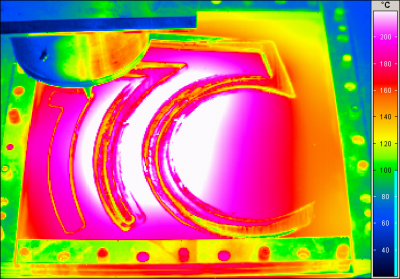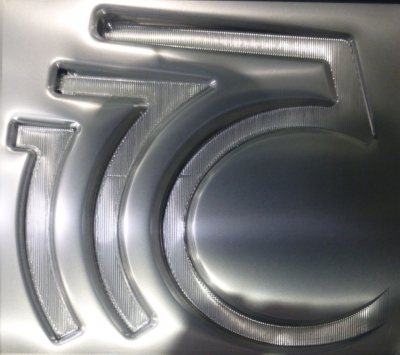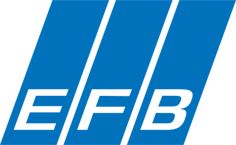Incremental Sheet Forming (ISF) stands for a number of innovative, flexible forming processes in which sheet metal can be shaped into a wide variety of geometries without the need for expensive, dedicated tool sets. By means of a standard stylus, controlled by a 3- or multi-axis CNC platform, sheet material is incrementally formed until the target shape is obtained.
Over the past decade substantial R&D efforts have been invested to bring these innovative processes to a mature level, gradually bringing industrial valorisation within reach. Major shortcomings in the original process capabilities, such as limited forming angles, extreme thinning and low accuracy have largely been overcome through advanced work piece analysis techniques and the introduction of intelligent tool path strategies.
While there is still space for improvements in these domains, today examples of a wide variety of part geometries with accuracies in the sub-millimetre range can be demonstrated, illustrating the improved mastering of the ISF processes. This allows to conclude that the technology is gradually becoming viable for industrial valorisation.
The flexible nature of the ISF processes, especially the Single Point Incremental Forming (SPIF) variant, makes them particularly suitable for the manufacturing of small series or even unique sculptured sheet metal parts. This specifically opens perspectives for SMEs active in the fast and flexible supply of tailored parts and products. However, looking at the present state-of-the-art, a number of possible hurdles obstructing the industrial roll out of the ISF processes were identified:
- For the basic ISF processes the range of materials that can be handled was typically limited due to formability constraints of the materials and high process forces resulting from processing high strength materials.
- Integration of ISF with other sheet metal processes into hybrid processes offering the best of both worlds: economically adding features for customization of parts produced with other technologies or flexible production of small series. However this required appropriate solutions for process planning and flexible industrial tooling.
- The ISF processes hold the potential to produce large, double curved parts, but the commonly available machine tools for supporting the process do not provide such working range or come at a high investment cost. Now application labs provide access to infrastructure, knowledge and technological support to facilitate the take-up of ISF.
The ISF-Light project intensively explored the valorisation opportunities with a large number of industrial partners, most of them are SMEs, while working on the most important remaining hurdles in a concentrated effort to enlarge the valorisation window.
To overcome the identified remaining valorisation obstacles, the research efforts were concentrated on the use of two heat supported process variants (in order to allow the use of a wide range of light, high strength materials), the enlargement of working ranges compared to traditional ISF setups through the development of two large scale application lab facilities available for use by SMEs, and the integration of ISF processes in flexible sheet metal working environments in support of elimination of the geometric limitations imposed by the use of individual, stand-alone processes.

Figure 1: Forming with global heat support (© Fraunhofer IWU)

Figure 2: Demonstrator (© Fraunhofer IWU)
Literature
Dirk Landgrebe, Dieter Weise, Franz Reuther, Stefan Meinel, Christian Scheffler, Peter Scholz, Joost Duflou, Hans Vanhove, Amirahmad Mohammadi, Walter Auwers, Sven De Troy (2015): Heat supported Incremental Sheet Metal Forming of Lightweight Materials. Ergebnisse eines Vorhabens der Industriellen Gemeinschaftsforschung (IGF). Hannover: Europäische Forschungsgesellschaft für Blechverarbeitung e.V. (EFB) (EFB-Forschungsbericht, Nr. 405).

